| JAPANESE ¨@ |
|
At B-tele, What you have built over many years What we do here is not about The skills in A and B do not travel back and forth. A refers to a world strongly shaped by Within that framework, In that context, B is not a world that rejects alpine skiing. Movable, therefore operable. On gentle terrain, As the slope becomes steeper, however, In B, As a result, This is not a theoretical claim. There is also visual evidence. Images speak more clearly than explanations. If you feel that it may not be because you lack ability or effort, The B in B-tele You do not need to abandon your current skiing. Come and see |
| This is a systematization of my skiing techniques (Ishikida, ©known as telehiro in YouTube videos) into a method. |
| It is B in contrast to A. It is just a symbol or name for distinction. |
| So far, everyone except me is A. In other words, we call regular telemark A tele. |
| I guess it comes down to whether itfs based on the telemark position (or stance). With A, theyfre probably working on the telemark position first. The short-term goal there is just getting that position stable. After that, the idea is to bring it into turns?that becomes the telemark turn.But with the B method, there isnft even a telemark position to begin with. No word for it, so no curriculum either. When you watch the video it might look like telemark turns, but really itfs just the result of braking alternately with free heels.It might be clearer if you look at the icons. Herefs the diagram below. The A icon is telemark, right? And this one is the B icon. |
| Exactly. Thatfs why I split it into B. To keep it organized, just imagine A goes into the A folder and B goes into the B folder. The contents of the A folder and the B folder never overlap. They donft mix at all. Hmm. |
| Yes, even though the equipment is the same... On the other hand, alpine skis and A-folder telemark skis go well together and overlap. And as expected, alpine skis and B-folder telemark skis don't overlap at all !! |
| That's right. |
| Well, who knows, right? But the video is reality. I mean, the skier in the video is actually skiing like this?gSee?h I donft think therefs anything more direct than that. And on top of that, itfs all organized into a proper method. |
| So basically, the idea is to become me in the video. You can pretty much copy my skiing?style, gear, even the conditions?and then everyone can start putting their own spin on it. The classroom sessions are there to help you get a feel for the steps, the terminology, and how itfs different from A. |
| If I were to put it simply, Ifd say itfs gdoing telemark turns with free-heel gear.h In the beginning, the telemark turns are more like acting them out, but after practicing enough, you reach a point where you can move naturally?and thatfs the goal. After that, itfs fine to change gear or try different conditions, as long as you can still do the telemark turn. Thatfs what A is. In other words, doing the telemark turn is both the purpose and the goal?at least thatfs my take on it. |
| Ifm really good at it! I spent about 15 years out of my 25-year career as an instructor working within A. Totally trivial, but Ifm really good at copying other schoolsf instructors too (haha). Definitely something we can do in a private lesson. |
| You can do it. Thatfs basically what B is for. Now, this kind of gear is indeed free-heel, but in downhill skiing, that alone is too weak to really take advantage of. What makes it useful is that it has low-cut boots. Low-cut boots let your ankles move. And when your ankles can move, you can apply gchuô.h Once you can control gchuô,h itfs like entering another world?totally versatile! Ifll leave the details of that to the illustrations, videos, and lessons. |
| Since itfs classroom stuff, that doesnft really matter! Joking aside, I think skiing NTN with B is pretty tough. Reason one: itfs hard to lift your heels, so itfs difficult to get the B icon position. Plus, the high-cut boots make it harder to move your ankles?meaning itfs tricky to use gCHUô.h Thatfs why, in my case, I often end up going downhill in walk modec but honestly, thatfs not the best way to use the gear. I think NTN has its own skiing style and environment to really bring out its strengths. Wefll cover that in lessons on the slopes, so please sign up for a private lesson slot. |
| Itfs possible to cut just the top sheet of a stack of three and make a single track. With Alpine or A-tele, you end up cutting through all three sheets. |
|
On steep slopes, what really becomes crucial is brake control. Where do you apply the brake? You do it firmly on the outer edge of the uphill ski. The key is to be able to control the grip there in any way you want?thatfs what brake control is. Generally, people doing A-tele take the telemark position, so they canft really control the uphill ski. The force point of the uphill ski is at the toes, and on steep slopes, the downhill and uphill skis arenft parallel. So thatfs a problem. Thatfs why you often hear people say telemark is better on mellow slopes?not because itfs telemark, but because itfs A-tele. If your goal is just to turn, then sticking to slopes that are easy to turn on and being satisfied?thatfs perfectly reasonable. You could say the same about someone enjoying carving turns on alpine skis. I personally think skiing is all about handling steep slopes. This is where B-tele comes in: compared to alpine, free-heel gear gives you better control, you can ski with a soft touch, and you can even spin instead of just turning. A and B just donft mix, and thatfs exactly why we keep them in separate folders. |
| We start with classroom sessions. From the 2025 season, itfs 2 slots for 4 hours each (until 2024, it was 3 slots for 4.5 hours). Every year we try to make it more efficient and shorten it where possible. The sessions focus on gconversationh using a whiteboard, and taking notes, recording, or filming is not allowed. |
|
One slot covers the overview, and the other is for mastering gchuô.h Ideally, wefd like to spend 3?4 hours per slot, but we try to fit it into 2 hours by doing things like providing feedback online. The order of attendance should start with the overview. As I mentioned earlier, the A folder and B folder donft overlap at all. So whether youfre a 30-year veteran or a first-year, in B youfre starting from zero. Since everyone starts from zero anyway, we actually recommend it even for skilled skiers or instructors. Having separate folders means I wonft touch your existing skiing at all. So feel free to join with confidence. |
|
Starting in the 2025 season, wefre adding an gOutdoorh session! By moving some of the classroom content online, we were able to compress the old 3-slot sessions into 2 slots. The freed-up slot will be used for the Outdoor session. On flat snow, wefll introduce two basic exercises you can do with your skis on. For lessons while riding the lifts, please sign up for a private lesson slot. Youfre also allowed to film additional footage, and as long as itfs within the time frame, you can even upload it to YouTube. |
|
The B-tele basic course includes 2 classroom sessions (2 hours each) and 1 Outdoor session. The cost is 10,000 yen per person per session, or 16,000 yen for 2 people per session. No lift ticket is required for the basic course. The classroom sessions can be taken even when therefs no snow, and weekdays are welcome, not just weekends. For winter availability, please check the Google calender on Home page. Accommodation is available year-round at 13,000 yen per night with two meals (tax included). Lunch costs 1,200-1,500 yen. Discounted lift tickets are available. Evening ski talks are free of charge. You can bring your own alcohol. Cold beer is 500 yen, and chilled white wine is 2,000 yen, to be shared among those who drink it. To apply or inquire, please contact us by email. |
| Thatfs way too cheap for what you getc |
| Here are the supplementary materials and columns.@¨ |
| References |
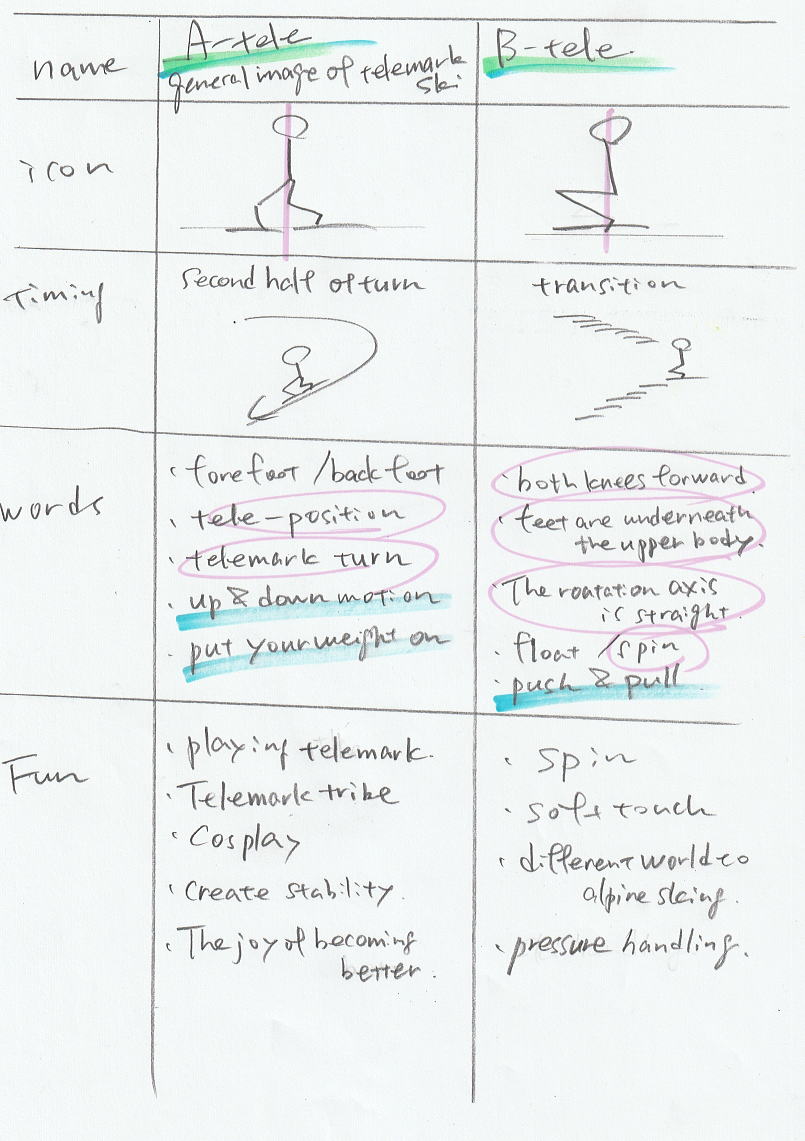 |
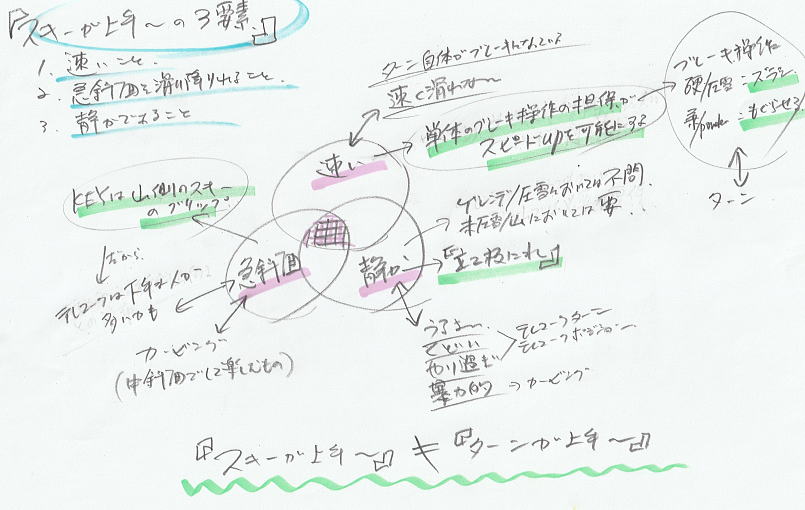 |
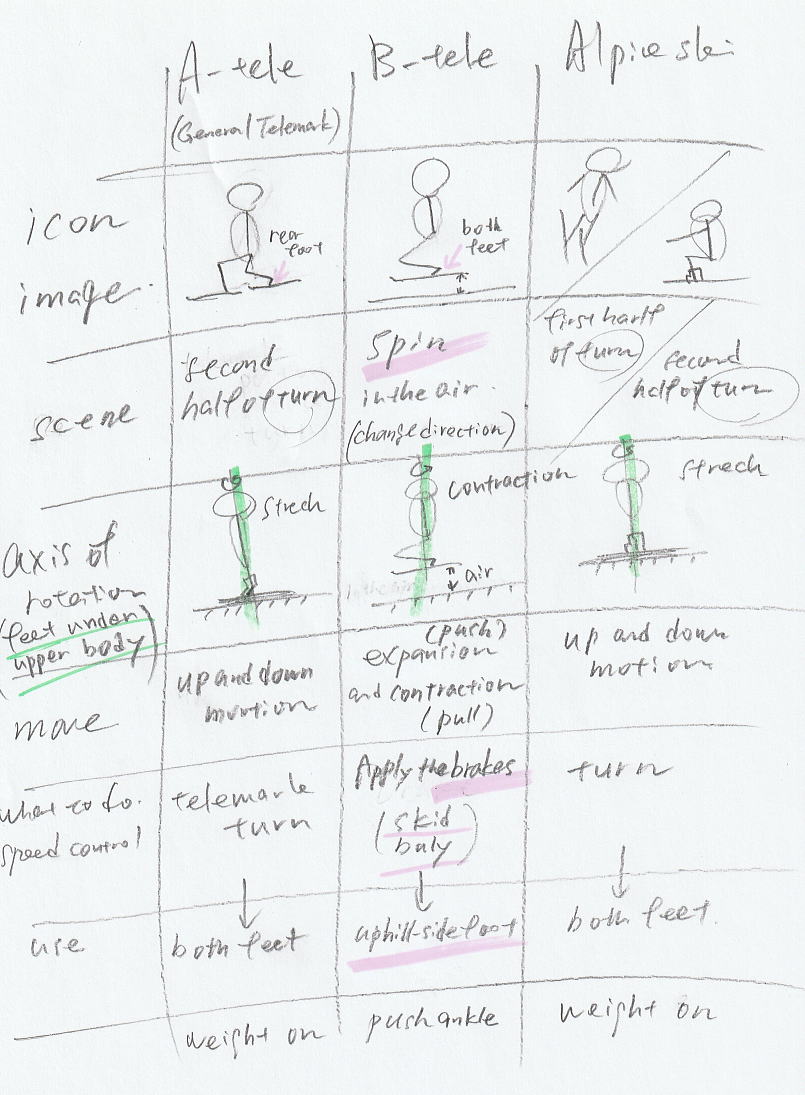 |
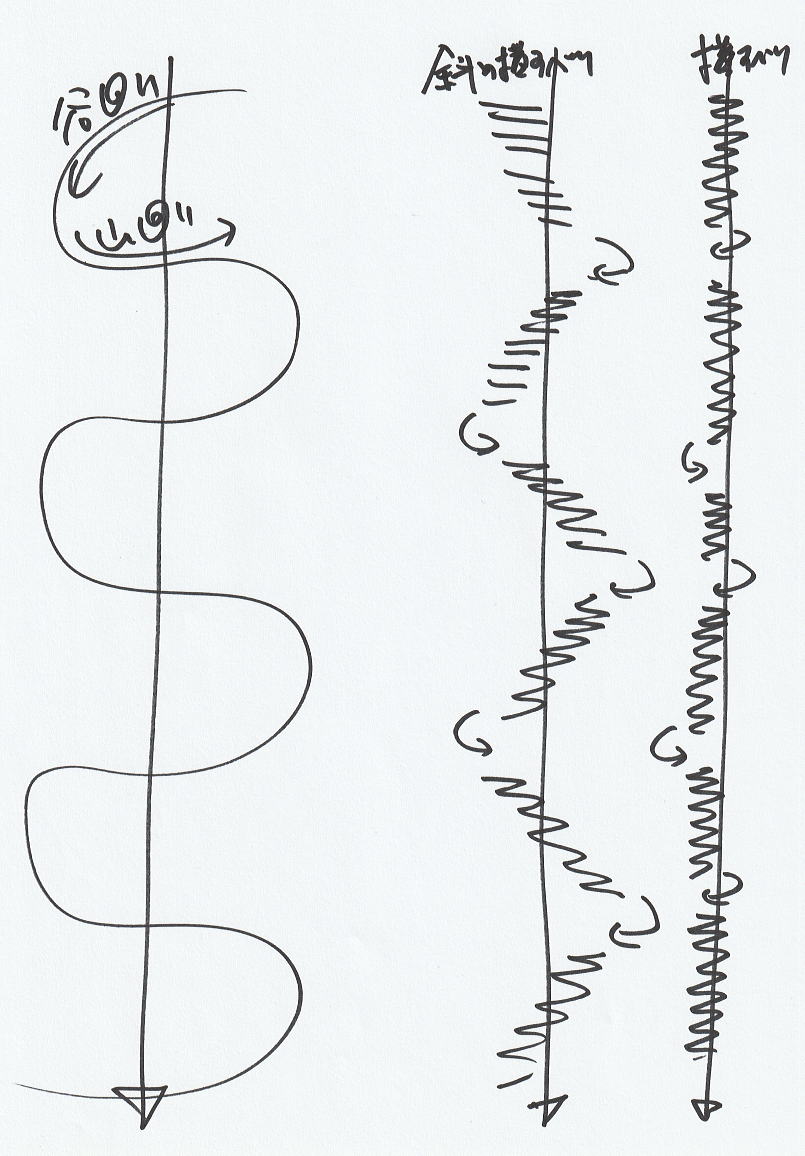 |
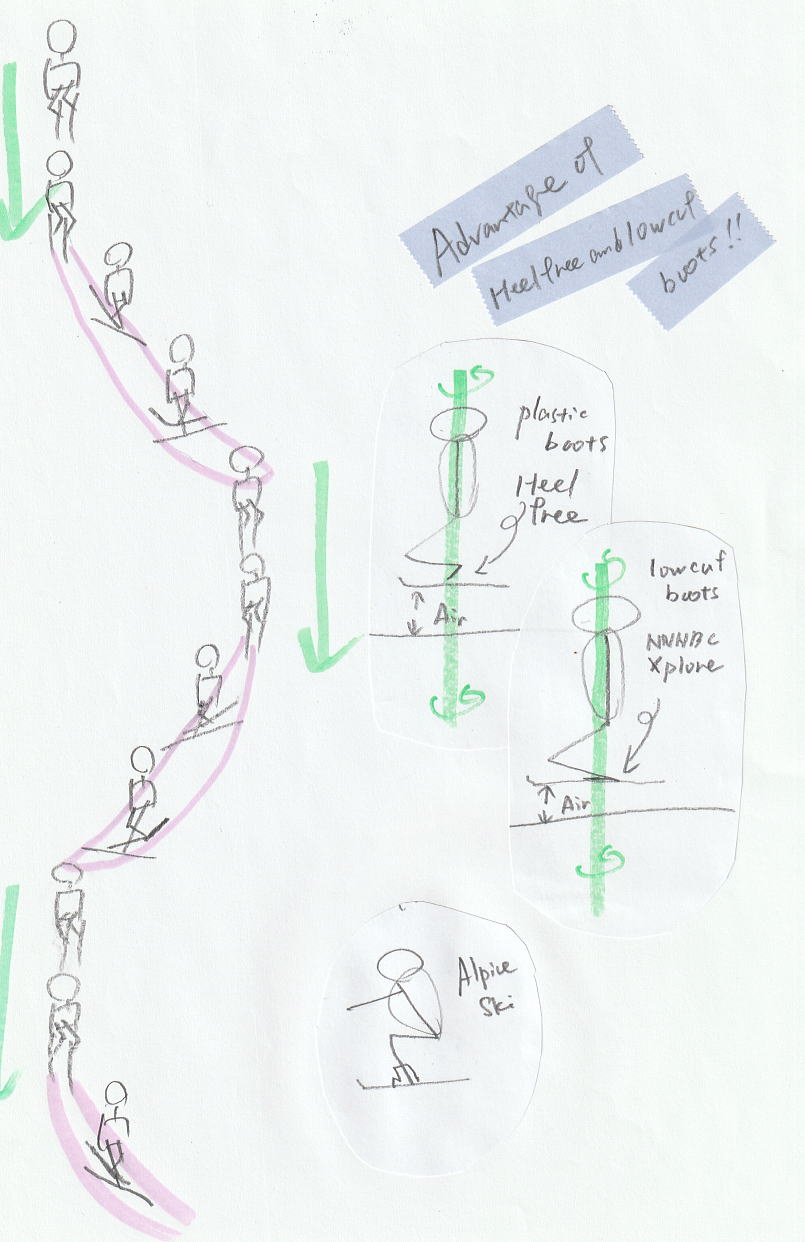 |
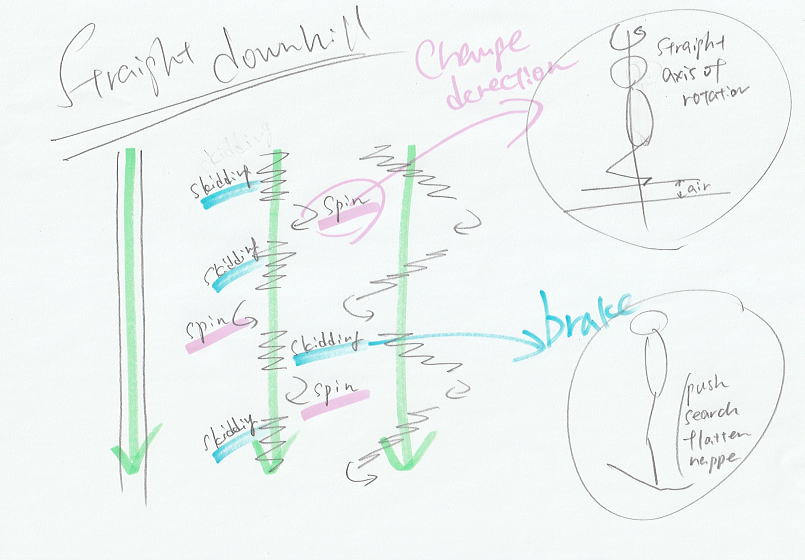 |
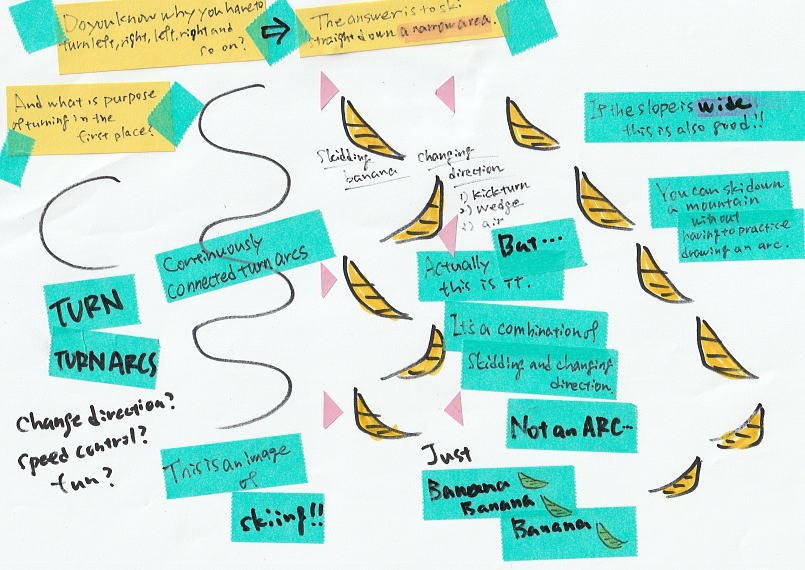 |
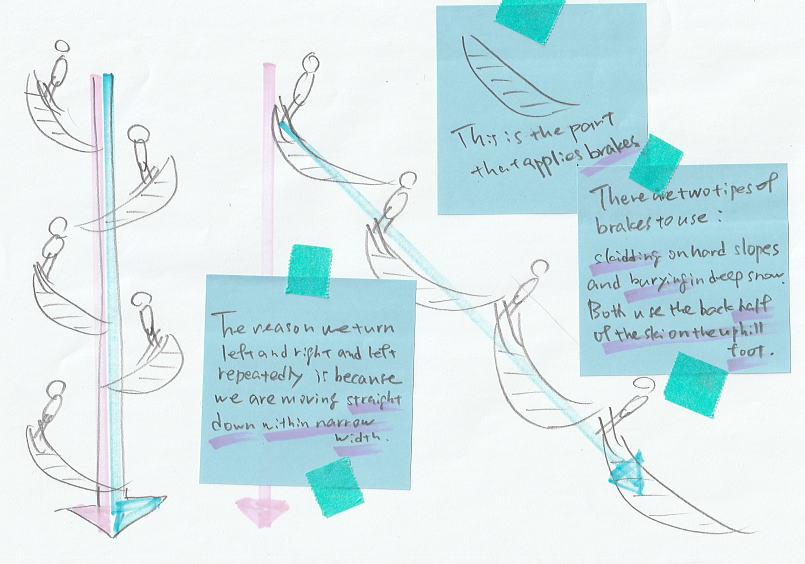 |
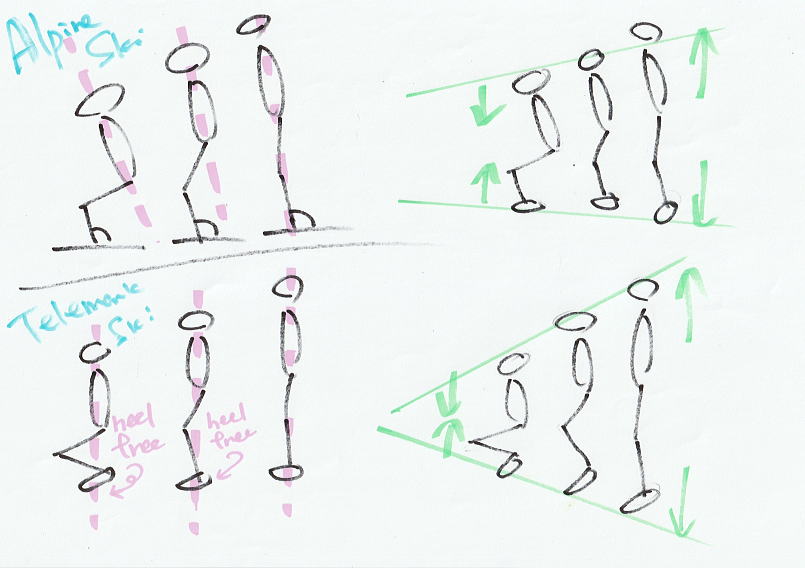 |
 |
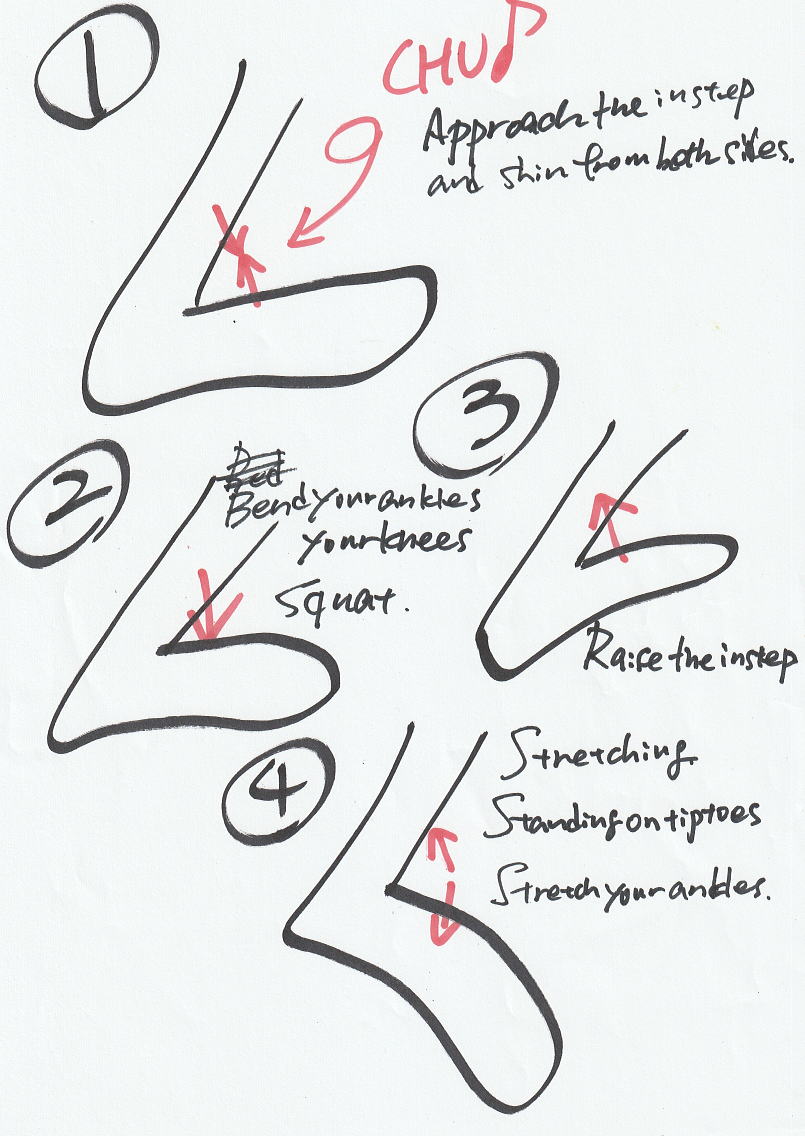 |
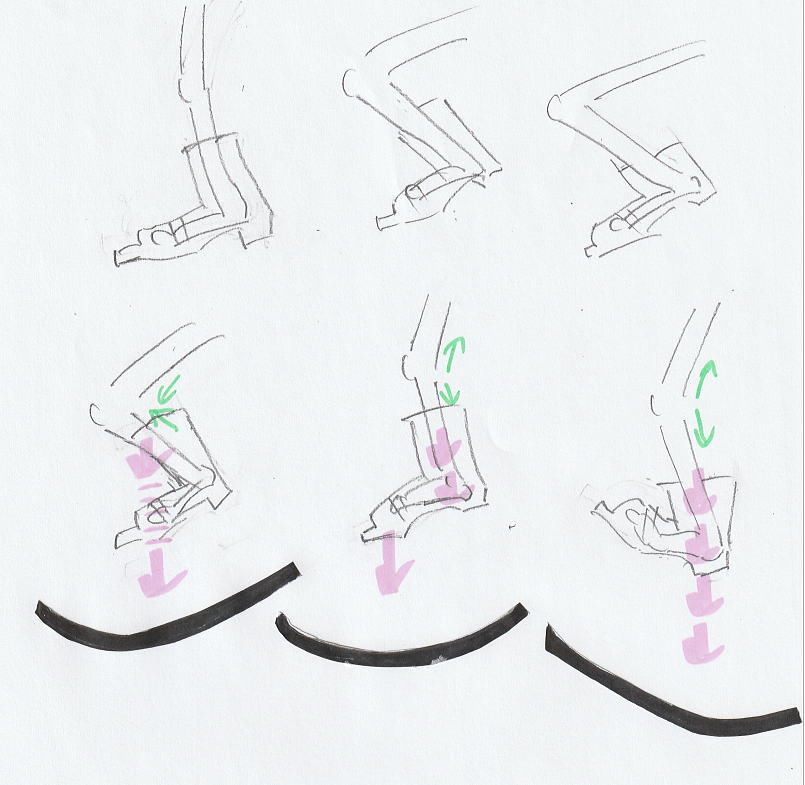 |
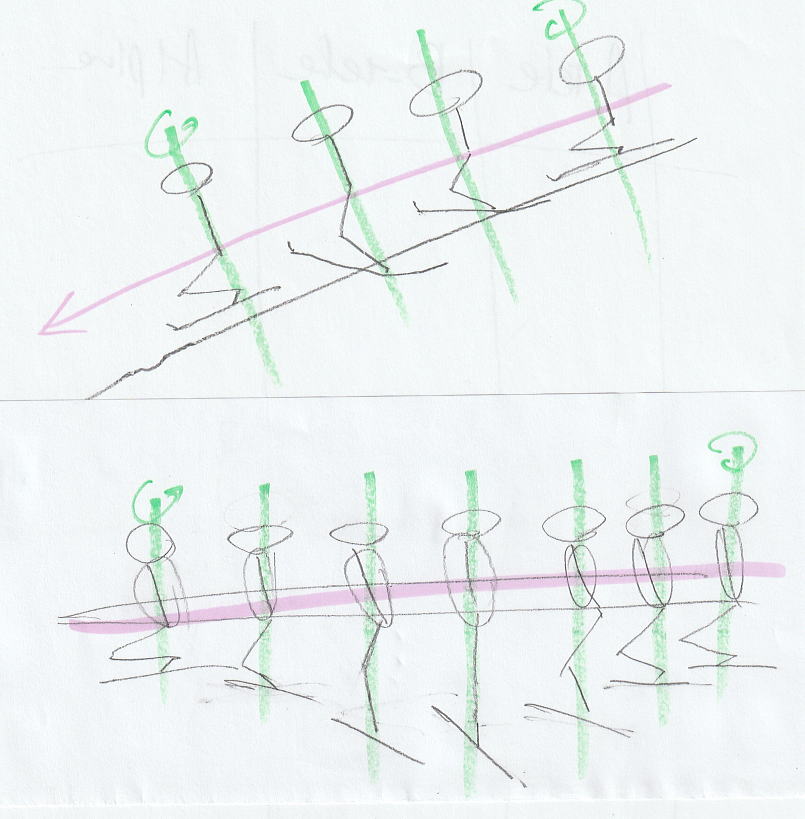 |
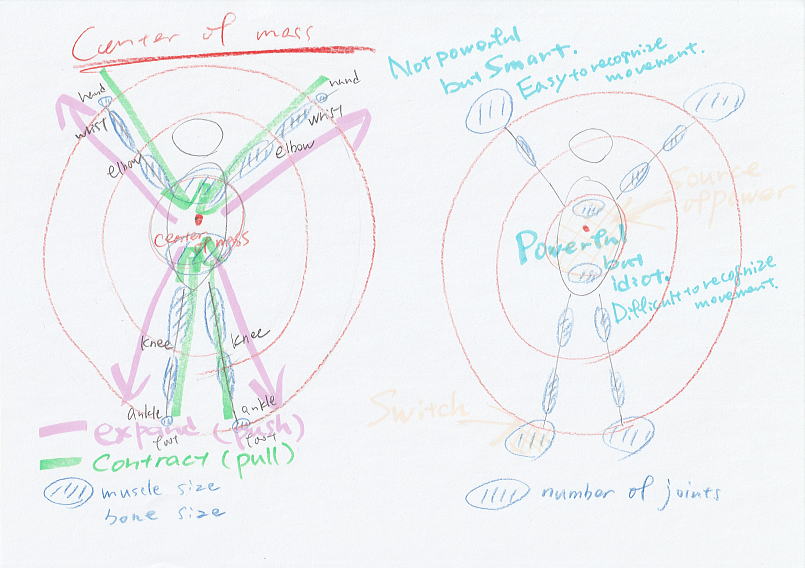 |
 |
 |
 |
 |
 |
 |
 |
 |
 |
 |
 |

|
 |
 |
 |